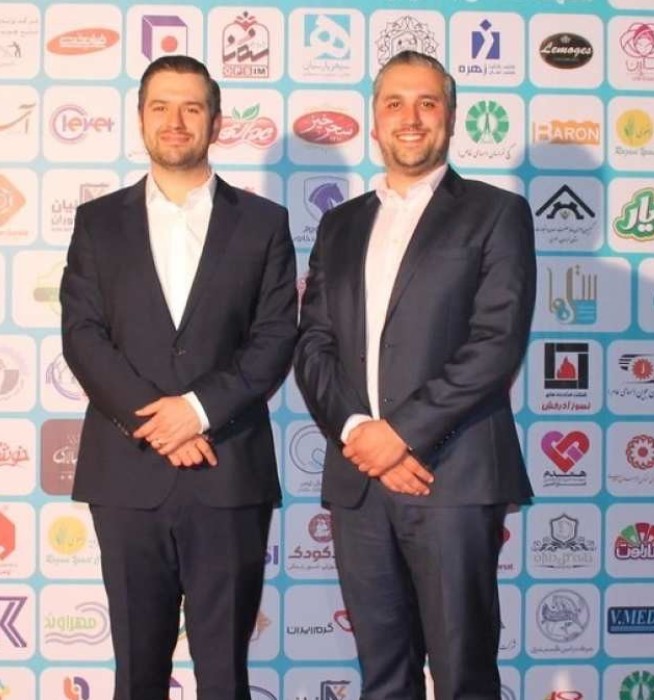
A generous donation from CEP alumni brothers Dr Behdeen Oraee (PhD Centre for Environmental Policy, 2014) and Dr Nikzad Oraee (MSc Management 2010 and PhD Centre for Environmental Policy, 2013) has enabled the Oraee Fund that supports five awards each year for students in the Centre for Environmental Policy.
Their collaboration with Sustainable Transitions Research Group leader Zen Makuch continues as together they explore new industrial innovation options in the cement and mining sectors.
The awards
Five annual awards of £1,000 each will be given to students who can demonstrate both exceptional academic merit and who are in financial need. At least one of the awards each year will be given to the best student(s) whose research project involves mining, cement or gypsum. Behdeen and Nikzad would be happy to offer advice or mentorship to any students studying these themes.
Eligibility criteria
The awards are open to Centre for Environmental Policy MSc students. Current students will be notified of the awards each year by email.
Contact us
Please email CEP with any queries.
Sample MSC project areas
The project examples below serve as possible inspirations for Master’s candidate research projects. For further information on project topics and how to apply please contact Zen Makuch (project topics) and Shane Murphy (administration).
Sample MSc project areas
- Award Winning Approaches to the Global Cement Business
- Sustainability Indicators and Metrics Approaches to Cement Production in a Global Context: A Supply Chain Analysis
- Sustainability and the UK Building Materials Sector
- Reconceiving Cement Production in a Climate-Changed World
This research project commences by examining how national and international awards for the cement business incentivize institutional, environmental, economic and social co-benefits. After undertaking such an analysis, the research moves on to conduct a horizon scanning exercise highlighting best practice globally. Accordingly the research output will provide a comprehensive framing of the most contemporary business leading, cutting-edge technologies and techniques for cement production.
With the advent of the global cement industry the application of sustainability indicators and metrics approaches can be used as the basis for creating a league table of cement firms. This device could be used to advance those firms who provide a comprehensive approach to the manufacture and delivery of cement products in any given national context. As such, it would act as an implicit device for providing competitive advantage to firms that best approximate sustainability. Case studies will be adapted to showcase excellent performance with the case that that experiments with the use of this device for breaking into new markets.
This research undertakes a deeper analysis of the horizontal and vertical integration of cement producers servicing the UK market. It will identify levels of competitiveness and interconnectedness between primary, secondary and tertiary stage of the cement industry employing a cradle to cradle approach to the management of this material. In so doing, supply chain relationships will be understood in order to maximize efficiencies from vertical integration of firms especially those serving major infrastructure projects. As a major output, the drivers and barriers for new market entrants will be understood along with an assessment of the relevance of three pillar sustainability approaches to gaining market share in the UK.
Recent research suggests that the first main wave of low carbon technologies will allow for approximately 30% of GHG emissions reductions towards Paris Agreement targets. The remaining 70% will be comprised of consumer lifestyle adjustments and the need to develop sophisticated technology responses to industrial sector greenhouse gas emissions including cement production. As concrete remains as the dominant material for design and build projects across all sectors of society, there is a need to focus upon both practical and blue skies research pathways for this sector. Such an approach is consistent with the aims of sustainable development. As such research will be focused on this fundamental theme noting the necessity of the building sector for advancing civil societies around the world.
Can't find what you need?
Get in touch by emailing the CEP Postgraduate Office